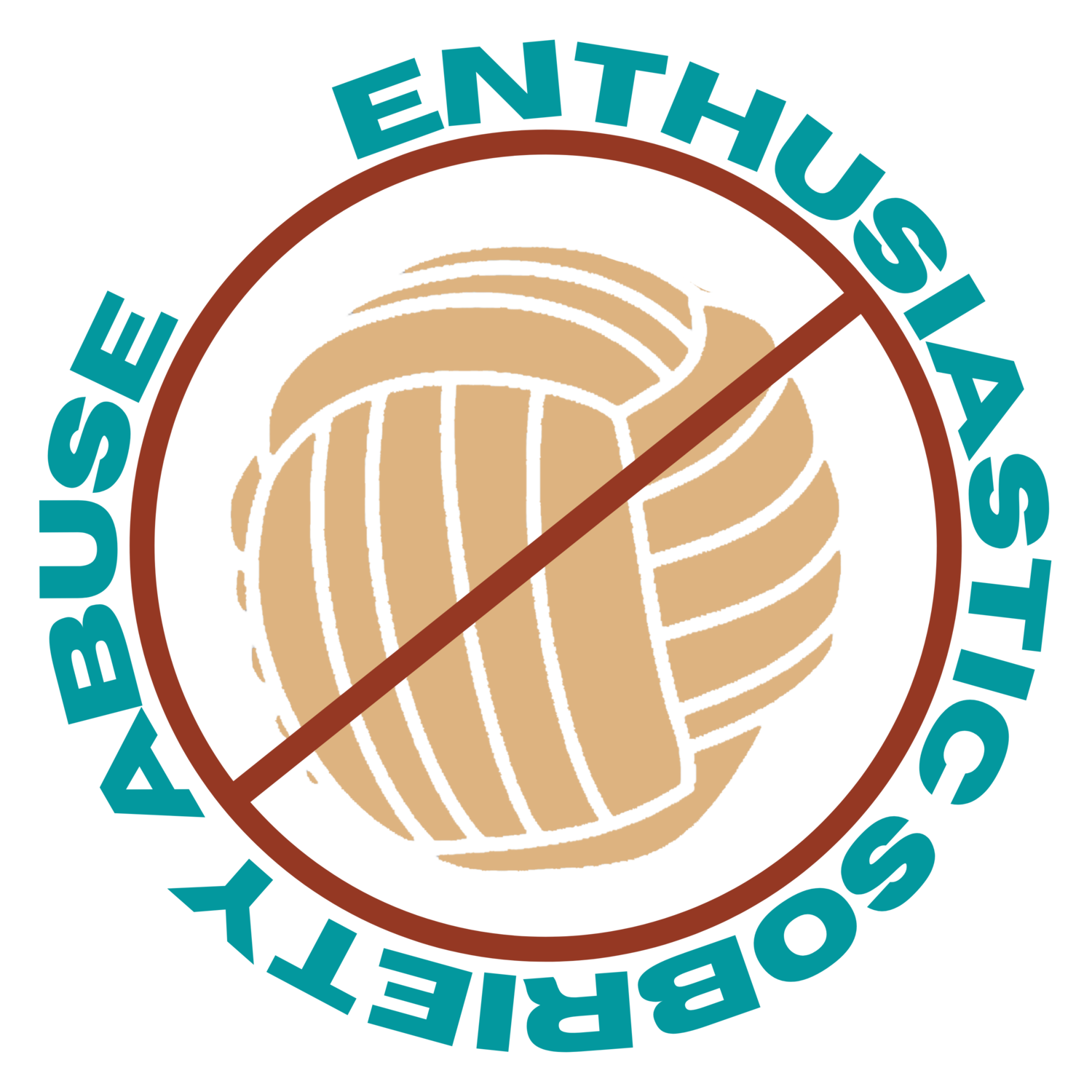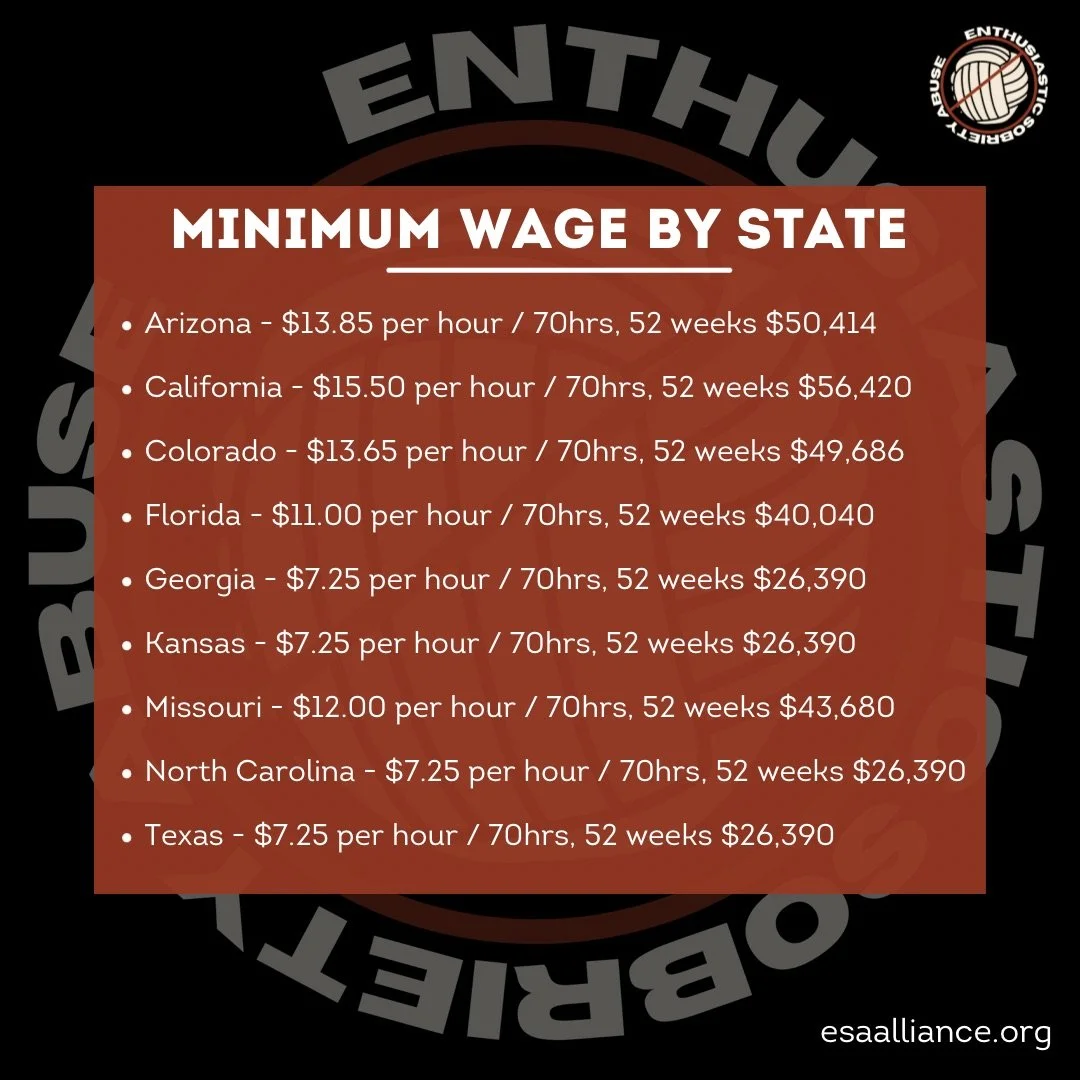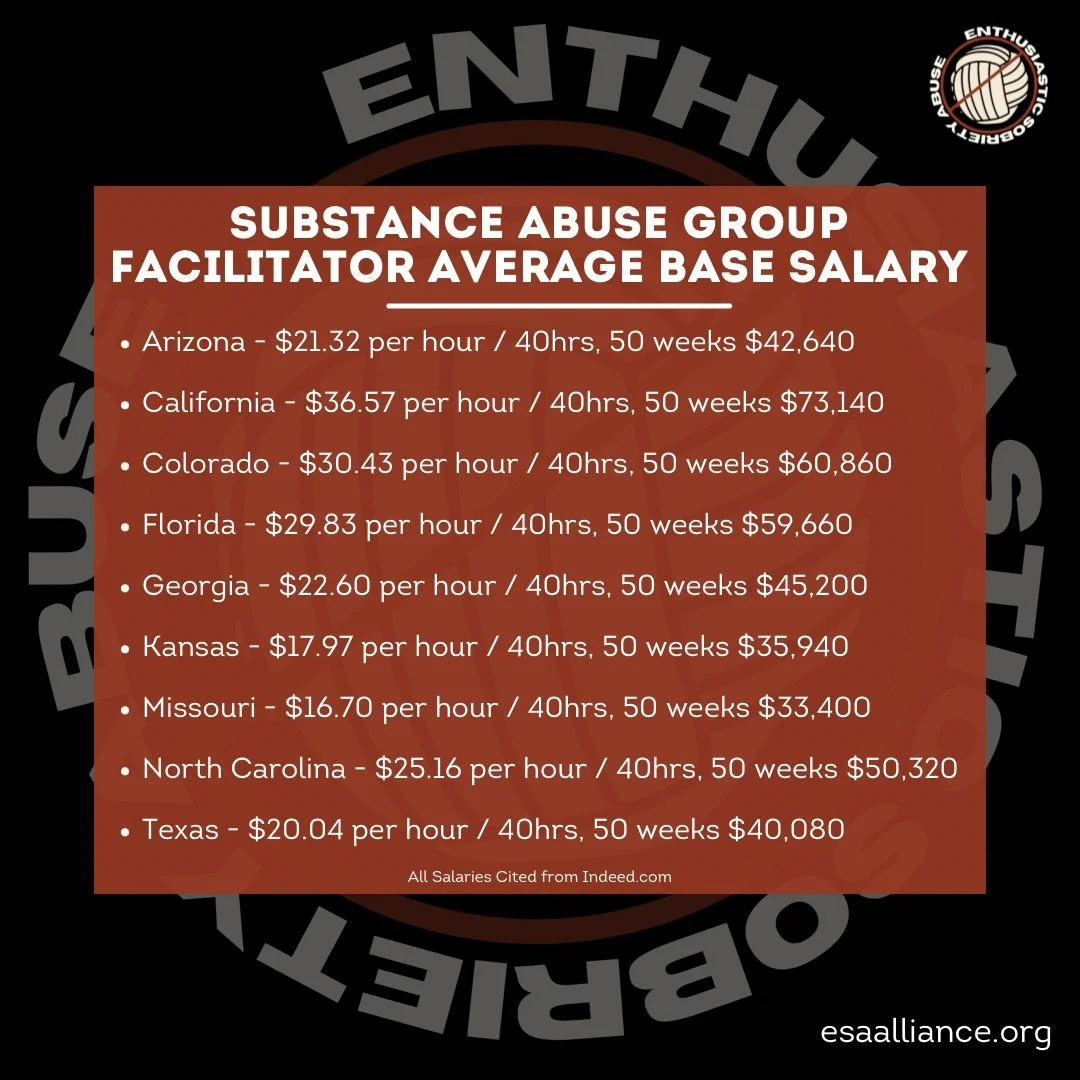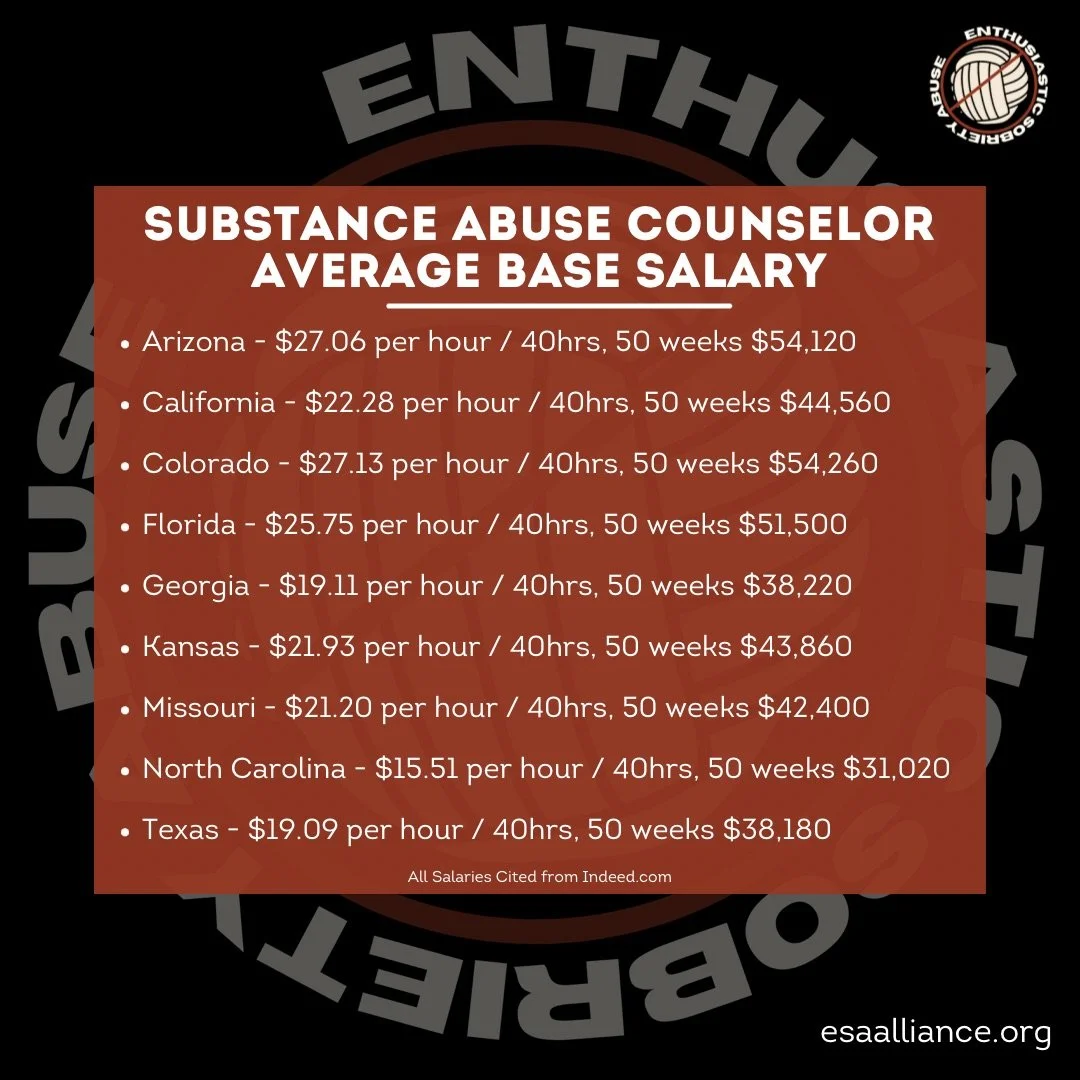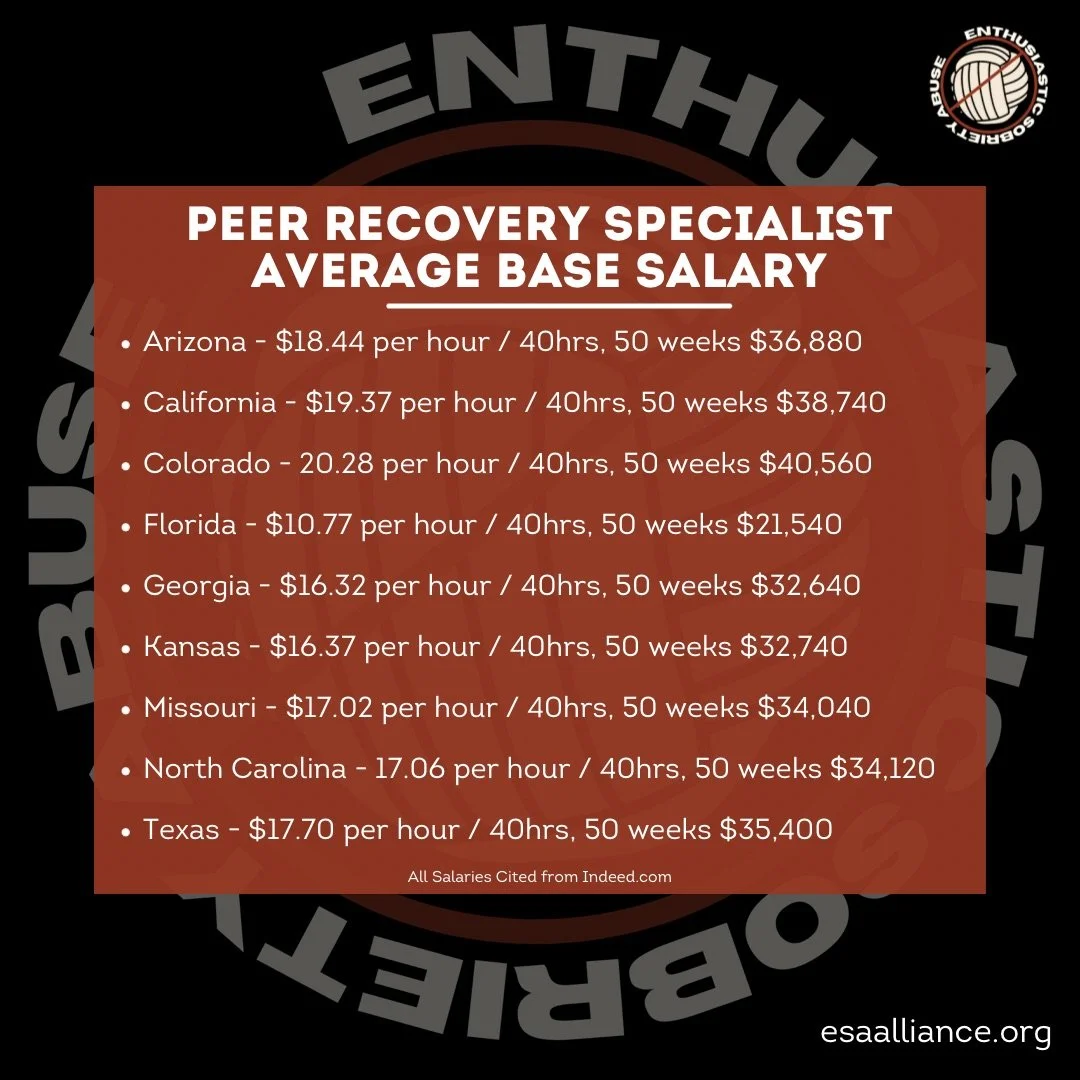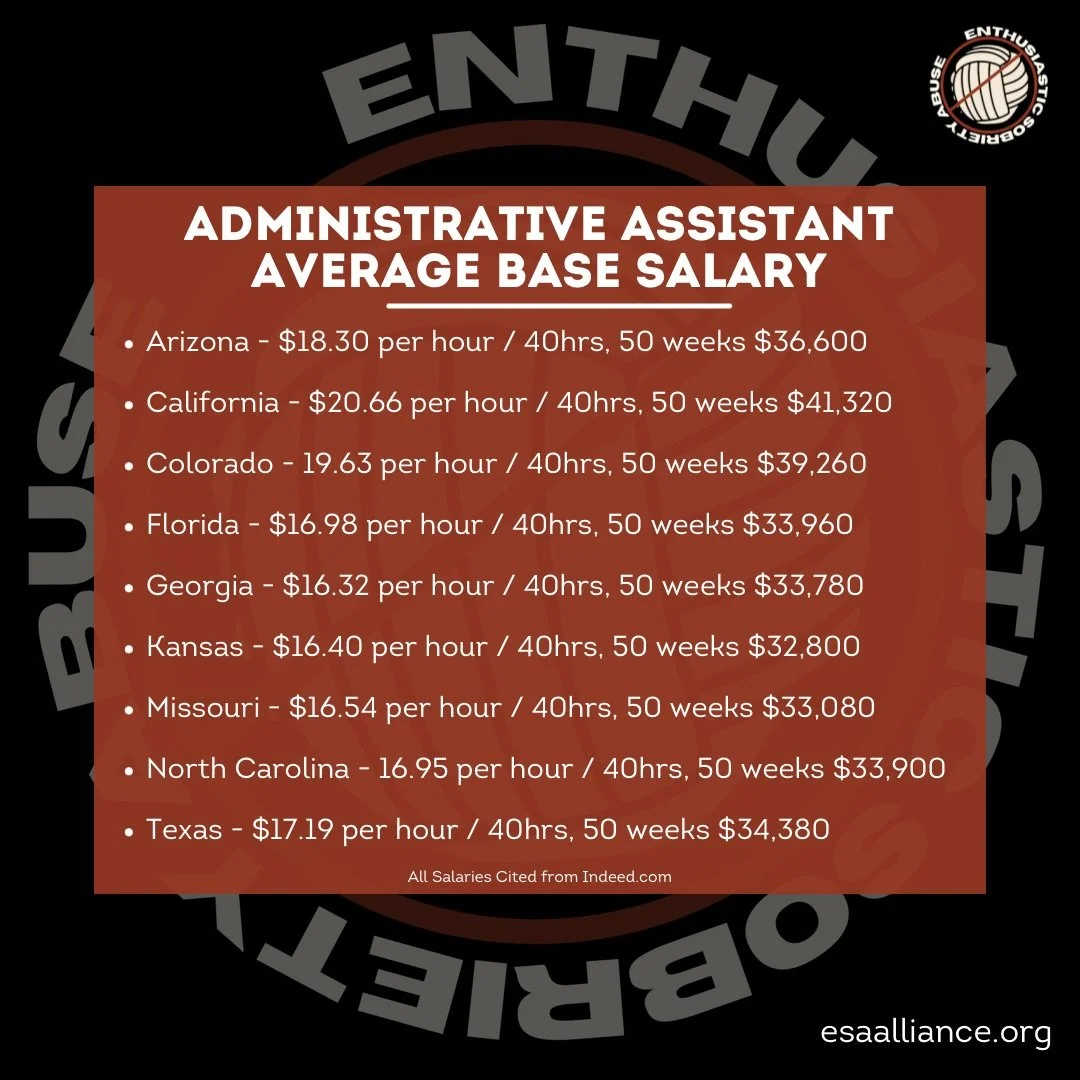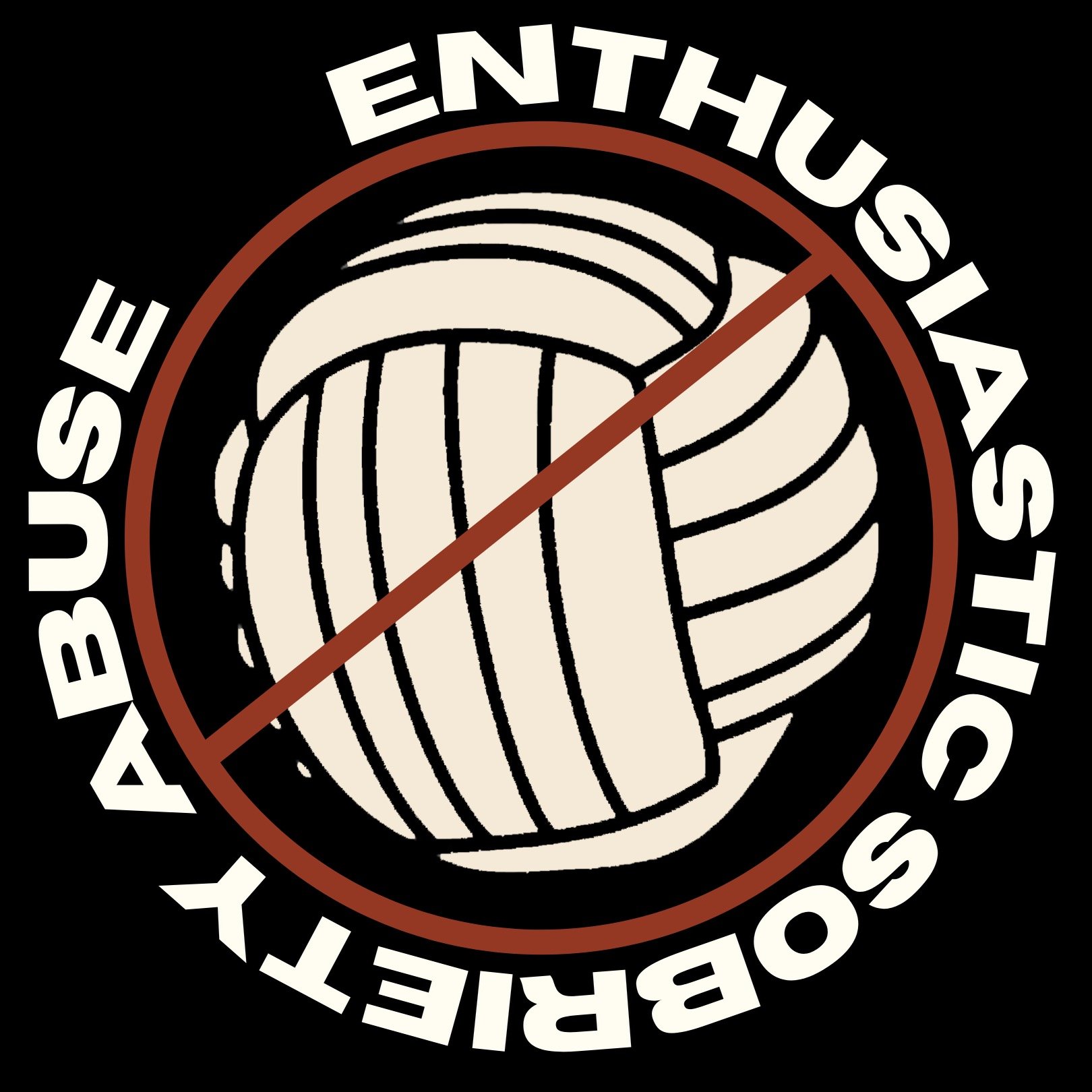
Current Staff Support
It’s Okay to Question Yourself
-
Are you asking yourself if your values truly align with that of the Program?
Staff Survivors regularly share about the culture shock from being a Group Member to a Staff Member. They found that being on Staff wasn’t like anything they imagined and it was a lot more intense and conflicting with what principles they believed in.
-
Do you feel like you're hiding that you're not as bought in as everyone else?
Do you feel like you have been trying to “fake it until you make it” for a little too long? Do you not feel comfortable honestly sharing doubts with your coworkers or do you know exactly what they would say?
-
Do you dread going to Purpose and hope you didn't do anything that would put focus on you?
It’s not normal for your boss and coworkers to be privy to all of your personal information and habits. You shouldn’t be scared of your privacy being exposed, dissected and judged at work.
A letter from a Staff Survivor to Current Staff Members.
I wanted to reach out to let you know that you can walk away from the program today. I assure you nothing I write here is meant to harm or cast judgement on you as an individual; I’ve been in your shoes. You are not “fucked up” for exploring this message, you have every right to hear this, to ask questions, to challenge your own thinking.
There’s an entire network of support you can tap into right now.
You can leave today.
A Cornerstone Staff Survivor
It’s just so lonely and HARD for a while. I was grateful I did have my family who I could talk to. I was also fortunate to have had a few REAL group friends who’d left who could help me navigate.
I was looking for any and every job, because obviously I needed one and I feel so lucky to have landed at a bank which gave me a real career future with actual benefits and so much opportunity. I truly don’t think my life would be the same if it weren’t for that job. I didn’t even know it at the time, I literally just was like “maybe I can do that.” And I had no concept of benefits or anything, but getting tuition reimbursement gave me the opportunity of going to college.
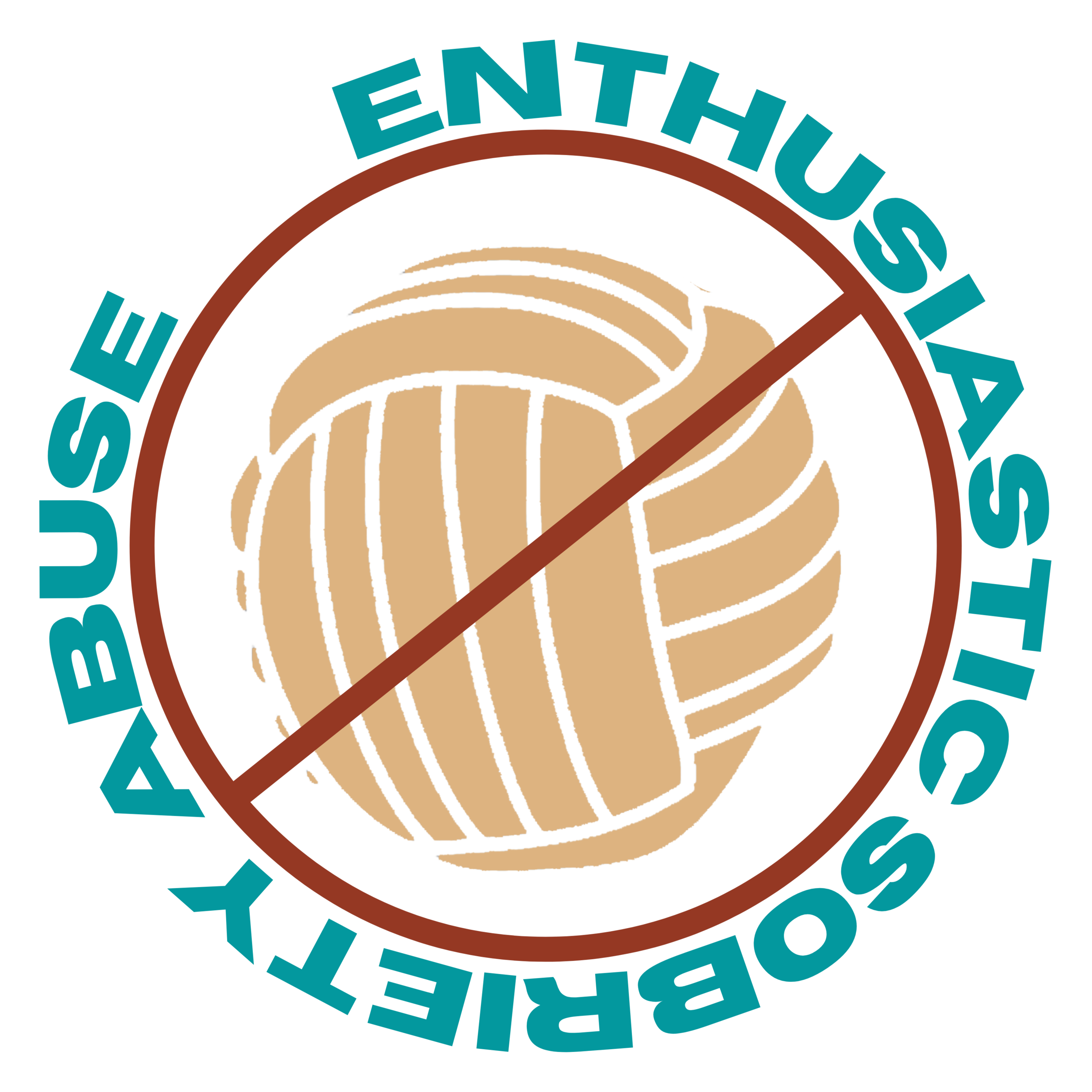
Tips from Staff Survivors
Financial Abuse
Financial abuse is any type of behavior that is designed to control someone financially. This can include controlling access to money, forcing someone to spend money in a certain way, or giving someone an allowance.
Financial abuse in the workplace can take many different forms. For example, an employer may withhold wages from an employee, require an employee to work excessive hours without pay, or make unreasonable deductions from an employee’s pay. Financial abuse can also occur when an employer refuses to reimburse an employee for work-related expenses or forces an employee to pay for goods or services that are provided by the employer.
From a Pathway Staff Survivor
I did heal from 10 years or so on Staff. I actually hated talking after I left staff. Instead I read lots and lots of cult recovery books. That was the biggest help to start taking my life back. Then I got an education!
It was hard and I had nothing financially or support or anything.
Give yourself space to make mistakes. No one is going to die because you didn’t put the shopping cart back.
Allow yourself to be angry and start to feel again… At some point, go to therapy! It’s hard and I’m sending out love to those going through the thick of it!
Communal Control
-
This is the belief that members instincts, desires, tendencies, feelings, and inclinations, can't be trusted. If these things agree with the leadership fine, but if they do not, it is evidence of just how much the member needs the community. By definition, any assertion of self-interest becomes wrong, and any boundary, which is a product of self-interest is also wrong. Also, the naturalness or ease of an action (or its opposite) no longer can be used as a criterion of healthiness.
-
Abusive communities offer, usually unconsciously, the illusion of unconditional love by using paternalistic metaphors and protecting members from adult decisions. Dependency that is indulged in this way grows in the members over time making leaving even more unthinkable.
-
This limits or eliminates non-believing influences, eliminates privacy, and prevents cognitive re-grouping. It also severs prior relationships with neighborhoods or settings.
-
This extends all the aspects of communal living to work time. Usually members are expected to give up previous jobs, even skilled professions and work only in these businesses.
-
A fundamental practice is to prevent members from forming any alliance or loyalty other than to the leader and the group. This extends to sex and romance because that forms a strong bond. Mostly commonly celibacy, (except for the leader) is enforced, even for married couples. Also commonly, the leader will put couples together or separate couples. Less commonly, having sex with anyone that asks is expected. This elimination of selection has the same effect of keeping bonds from forming. Or marital sex may be allowed, but special clothing or routines are required, which eliminates the spontaneity and passion.
-
Friendship based on feeling are discouraged, even within the group. If people are too close, they may be moved around to break it up. Even pets are usually discouraged.
-
Whatever the ideology, it always includes a doctrine that membership must be lifelong. Because there is no such thing as 'trying it out for a while' critical thinking and considerations of whether the experience is agreeable go out the window. It also blocks the natural human response to maltreatment (which is to leave).
-
This has many functions: 1) Isolates members from opposing ideas, 2) Isolates members from sources of attachment that would compete with the leader or community, 3) mobilizes the survival drive in members which is channeled into cult activities, 4) justifies deceptive practices, 5) provides a target to safely displace anger at oppressive conditions.
-
In an abusive community, there is no time off, no unstructured time, no days off, no vacations, no sabbaticals, and no retirement. There is usually an enormous amount of physical work, and inefficiencies are sometimes maintained on purpose. Other time is usually spent in directed study or groups. This eliminates time to think, to reflect, to observe closely, to form real friendships, or to debate matters. It also forms the core of economic exploitation.
-
Everyone is comforted by evidence that he or she is 'getting somewhere.' But in adult life, there are very few concrete systems that provide that. Abusive communities both provide different positions of status to obtain, and a closed group in which the status is uniformly recognized. Compliance is either covertly or openly the criteria for promotion, and so an unquestioning attitude is given incentive. It goes without saying that all progress on the ladder can be lost for dissent or leaving.
-
As the bond of the member to the group becomes stronger and stronger, he or she is incrementally allowed to know secrets. The cognitive and moral dissonance is counter-balanced with feeling special and time invested. This is really a form of grooming. Also no one is allowed to know everything that is going on. This keeps members divided and confused.
-
Thoughts, desires, and doubts that deviate from the approved agenda are stigmatized as betrayals. Since everyone has these whether they want them or not, this has the effect of keeping everyone feeling guilty. It also keeps conversations superficial because no one wants to share what they are really thinking.
-
It is hinted if not plainly stated that members are not doing enough, or are doing wrong things. This keeps any of them from feeling they the standing to question or oppose anything.
Staff Survivor Stories
-

Not A Typical Staff Meeting
The Crossroads Program Staff Survivor Story: 2002 - 2010
Truthfully it is hard to share Purpose stories because I don't remember a lot of details. Likely because I walked into every single Purpose SO afraid I just blocked much of it out, while I sat there hoping I would not be the one put on the "hot seat" that night.
-

I wanted to be a counselor by my first week in Step 2.
The Insight Program Staff Survivor Story: 2015 - 2019
I joined the group when I was 16. For the first couple of years, it seemed like my salvation. It felt like after years of trauma and abuse I had finally come home. For the first time, I felt like I belonged and I fell head over heels for that feeling. I had spent almost every day of the last 5 years not wanting to wake up the next morning and now it felt like my world had filled with color again. I did whatever I wanted and had hundreds of friends who all loved me, just so long as I complied with the rules and expectations imposed on me.
-

Enthusiastic Superiority
The Pathway Program Staff Survivor 2012 - 2019
It would be nearly impossible to discuss all of the ways in which the program views itself as better than the remainder of the world. While elitism is fundamental to any cult, it’s a trait of Enthusiastic Sobriety that often goes unnoticed by parents, who are so desperate to save their children, that they inadvertently hand them over to an institution that will likely damage them.
Tell Your Story
Share your story to help other survivors feel heard, seen and understood. We aim to expose the consistent patterns of abuses in Enthusiastic Sobriety Programs in their Outpatient Substance Abuse Treatment for teens and adolescents and prevent potential families from years of suffering from undue influence and abuse under the guise of drug and alcohol treatment. Enthusiastic Sobriety Survivor stories can be submitted anonymously by former group members, staff and families.
Contact us.
We’re here to help.
info@esaalliance.org
